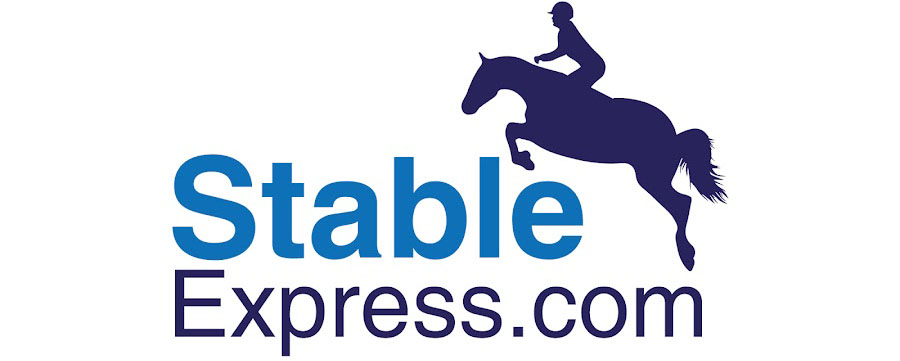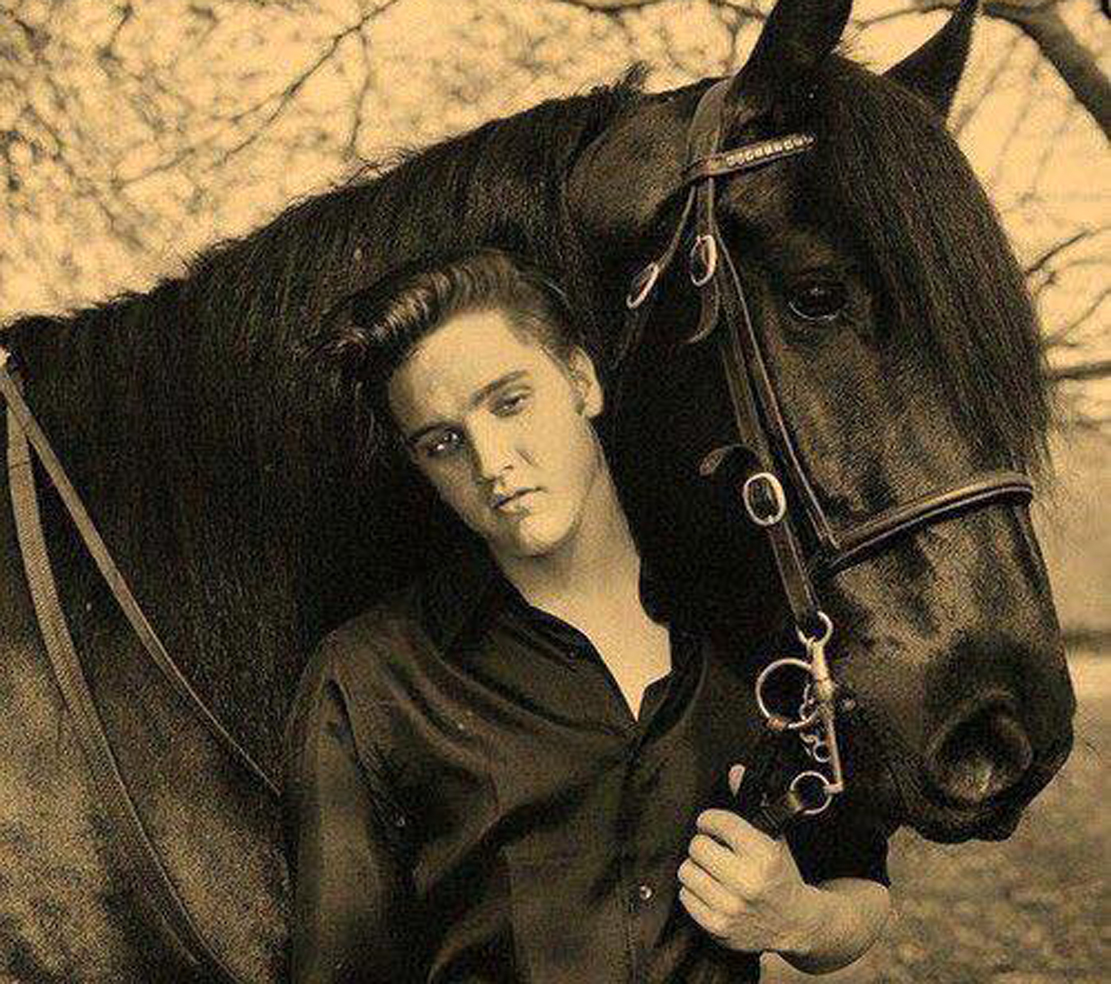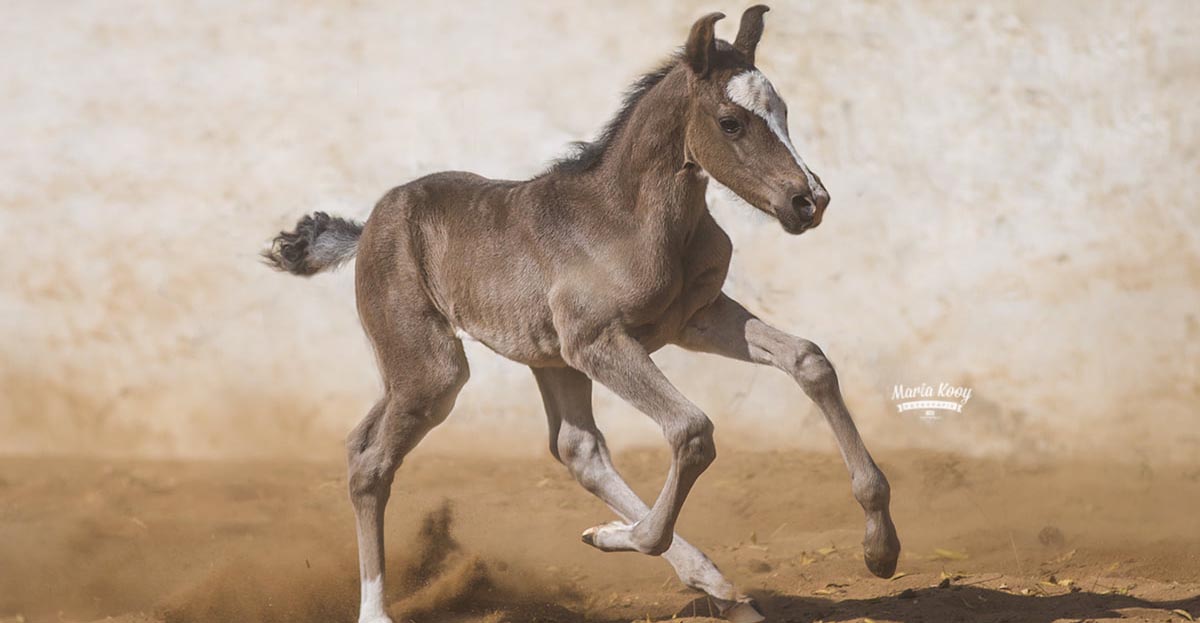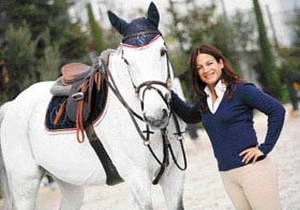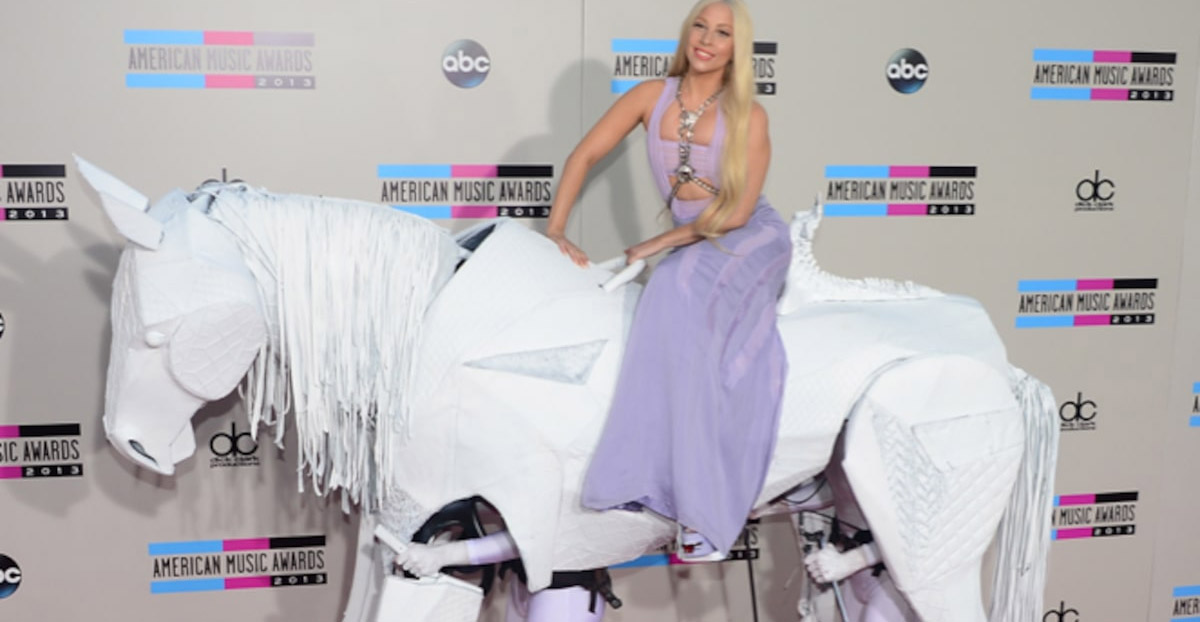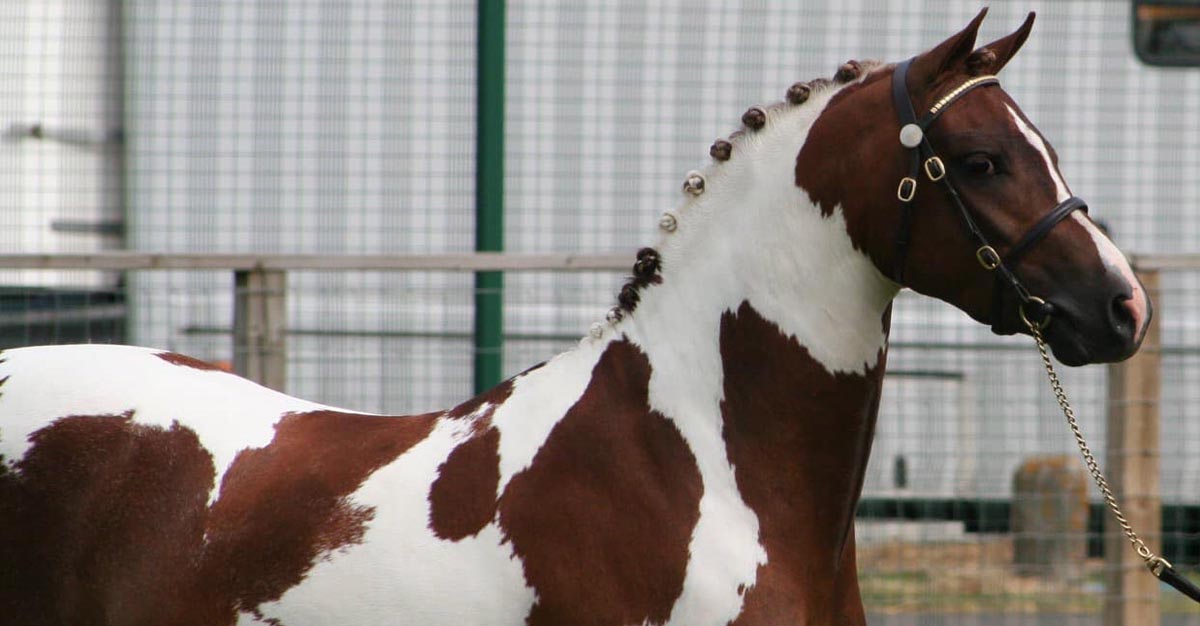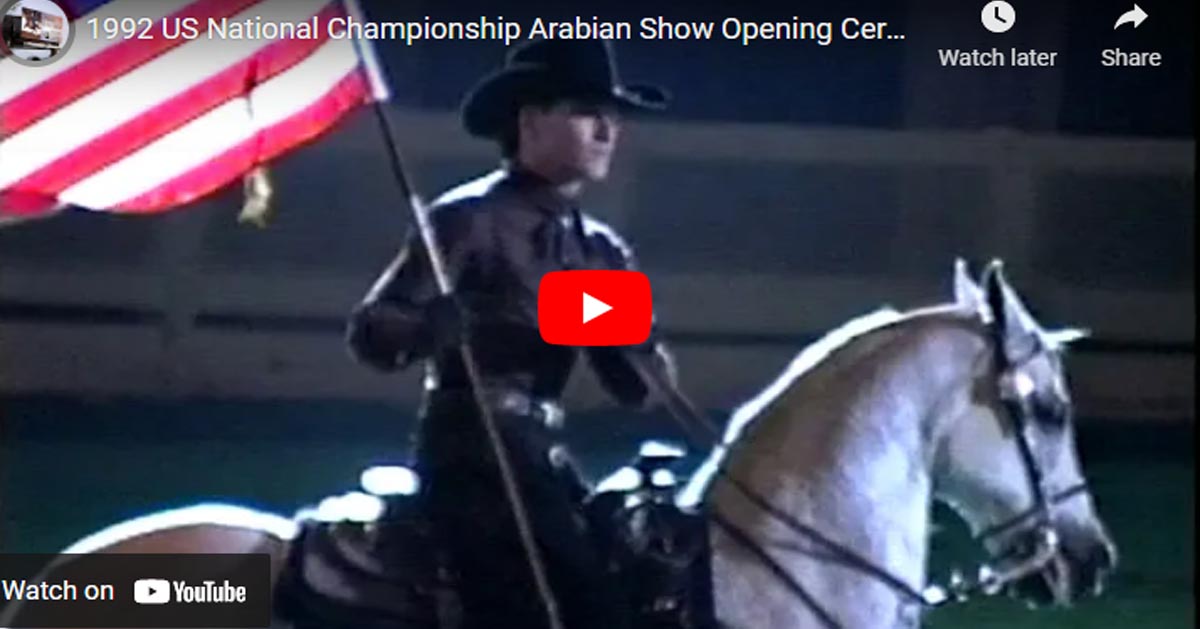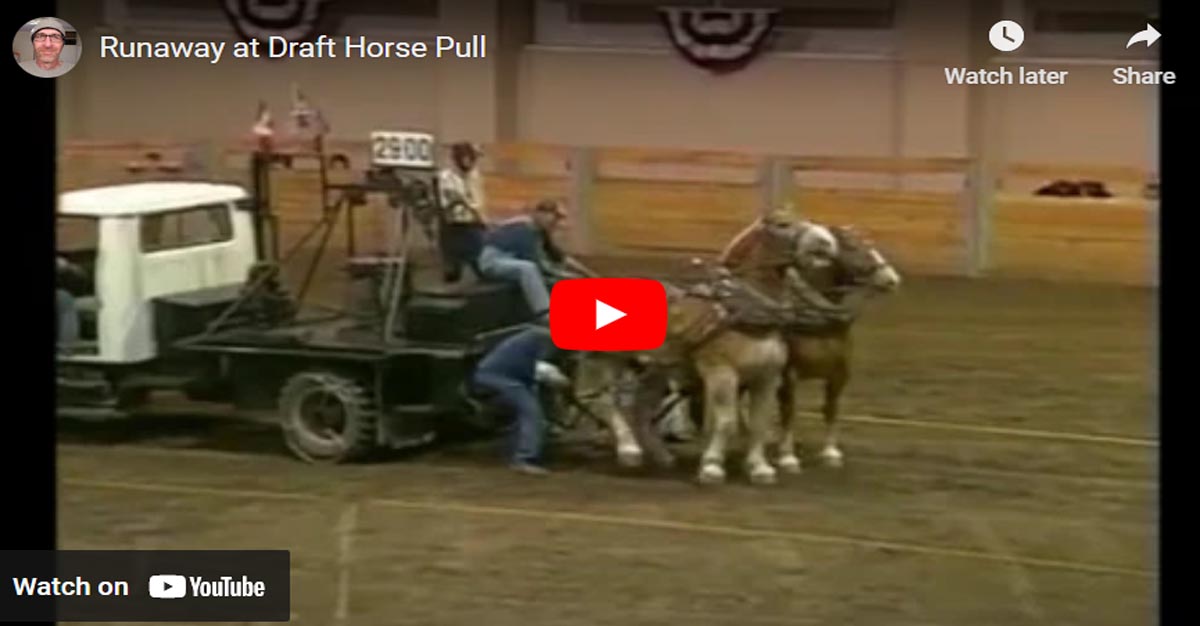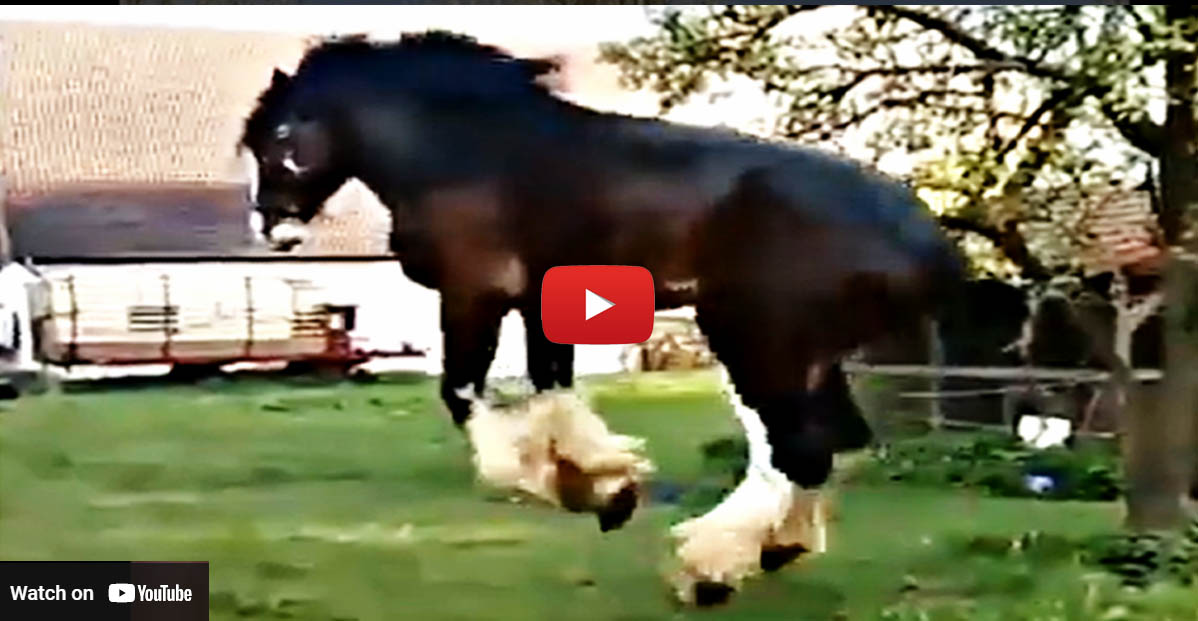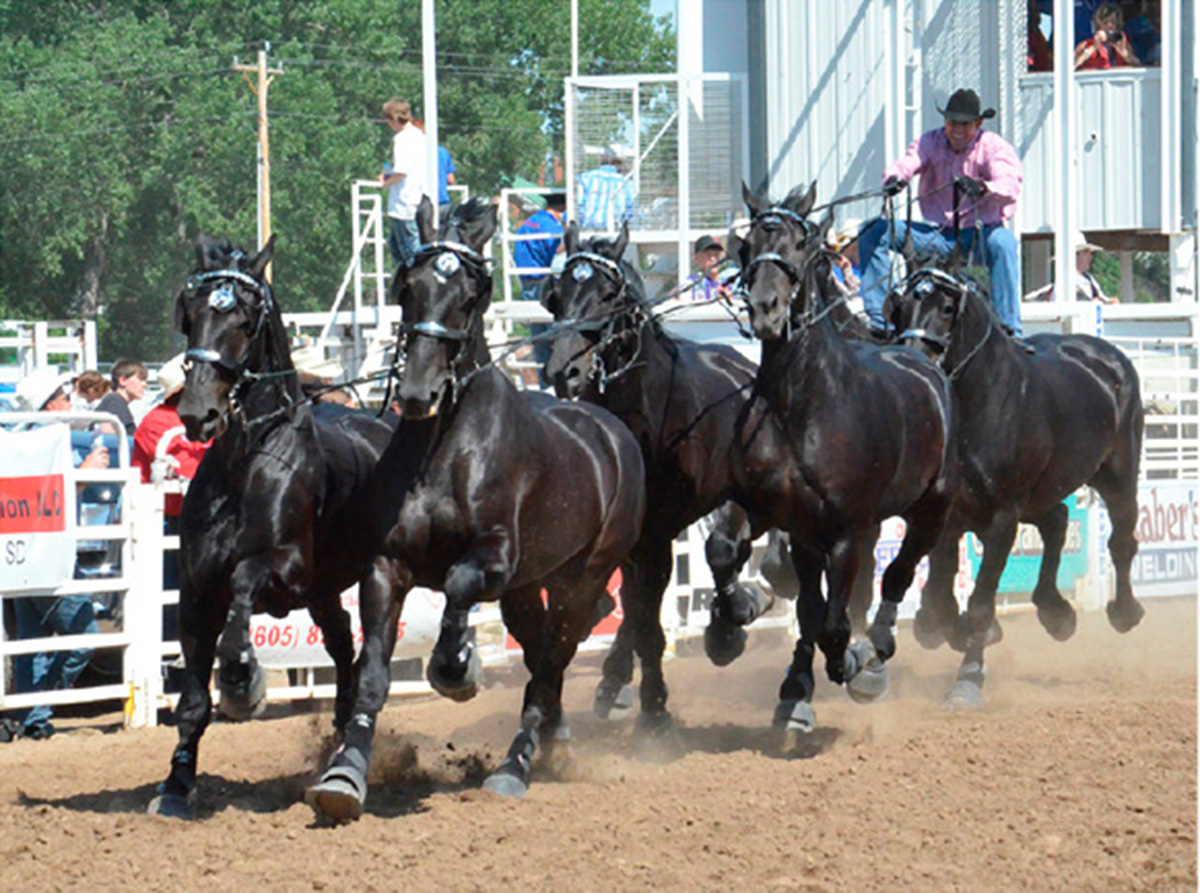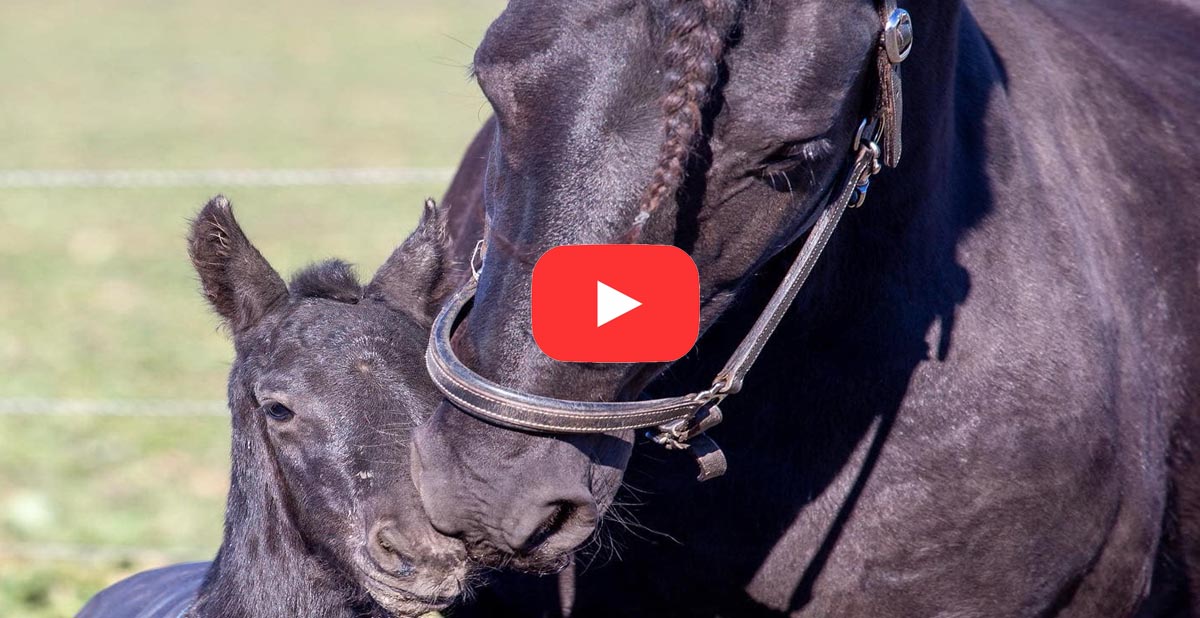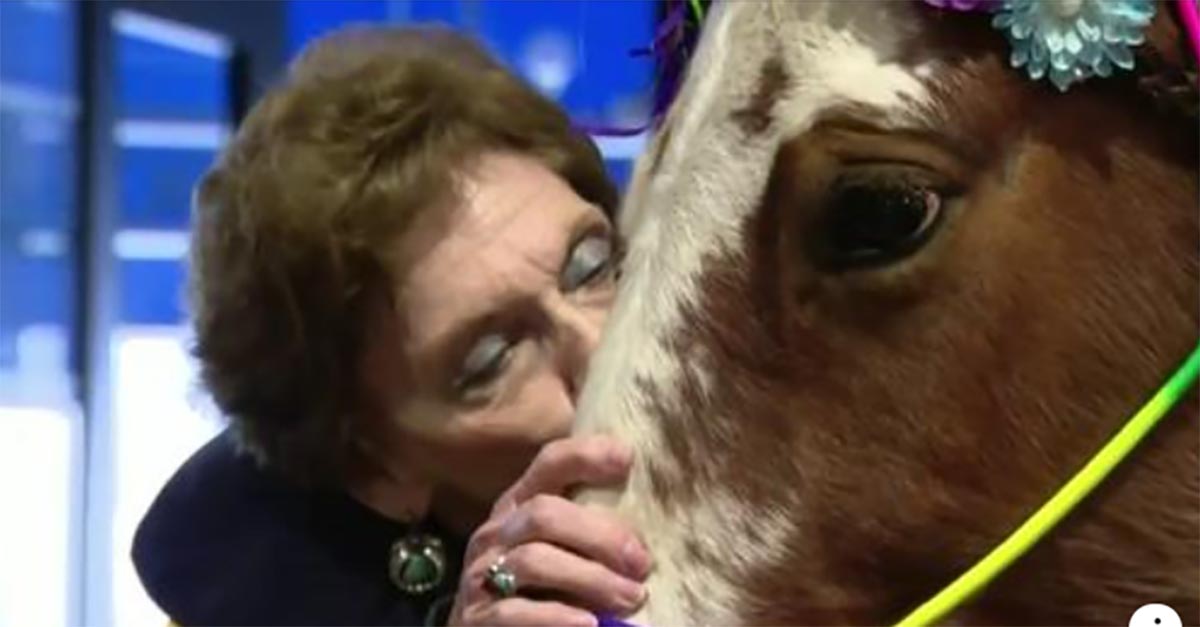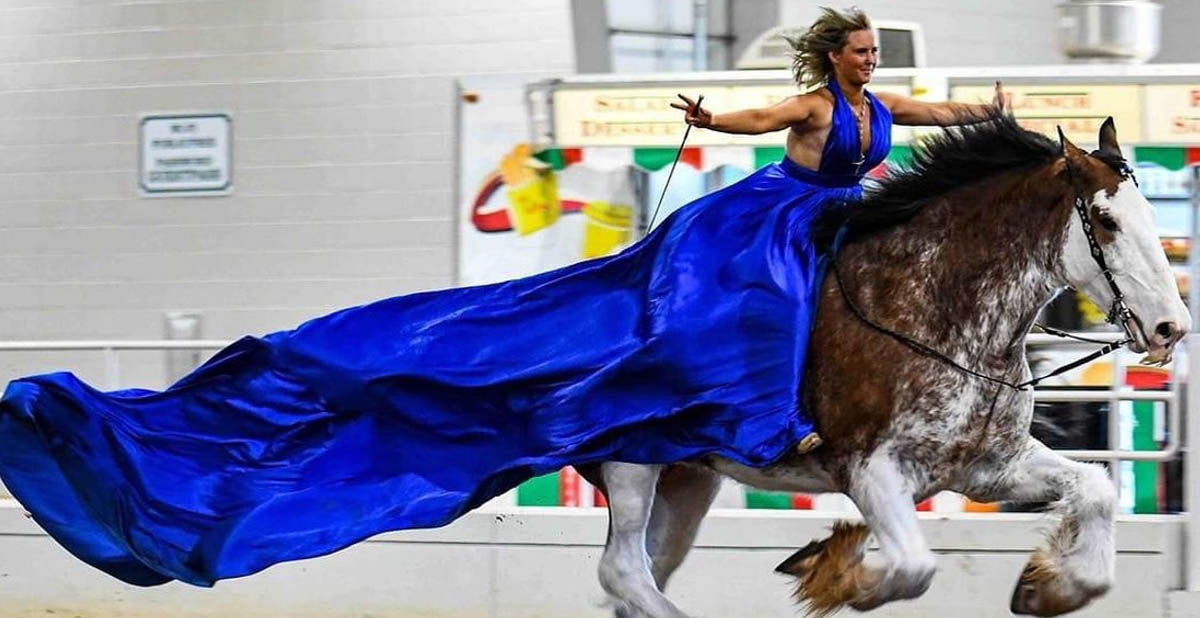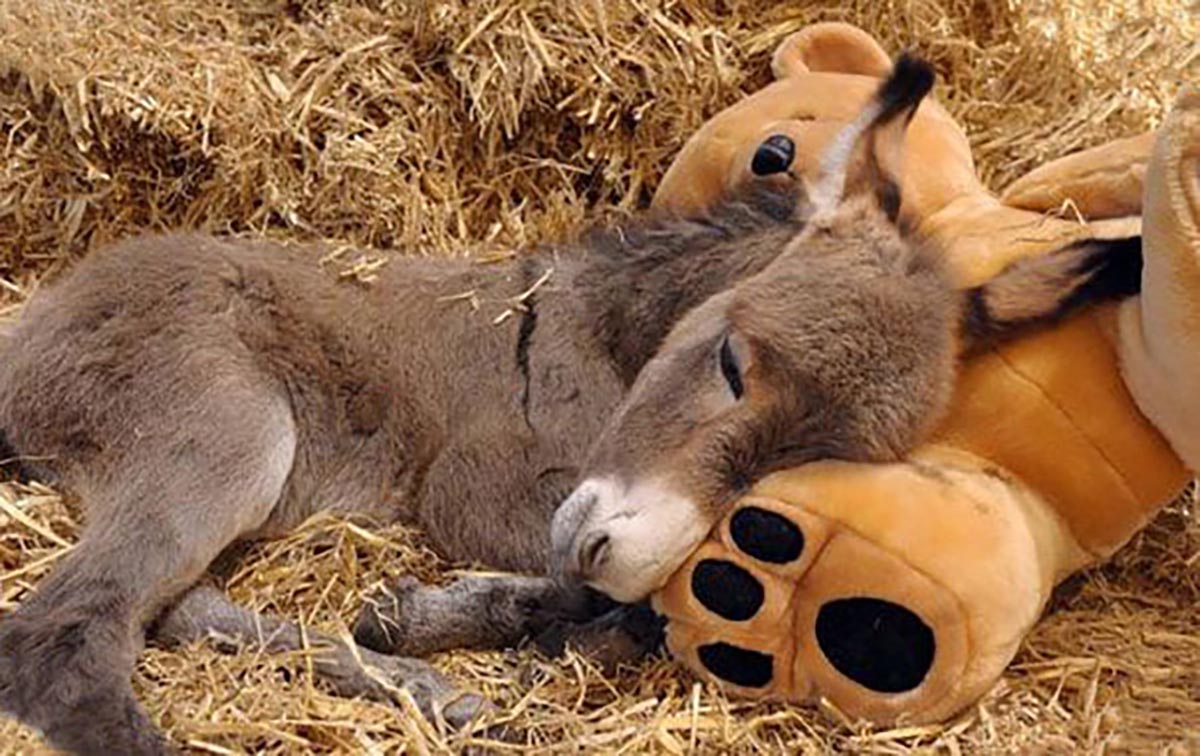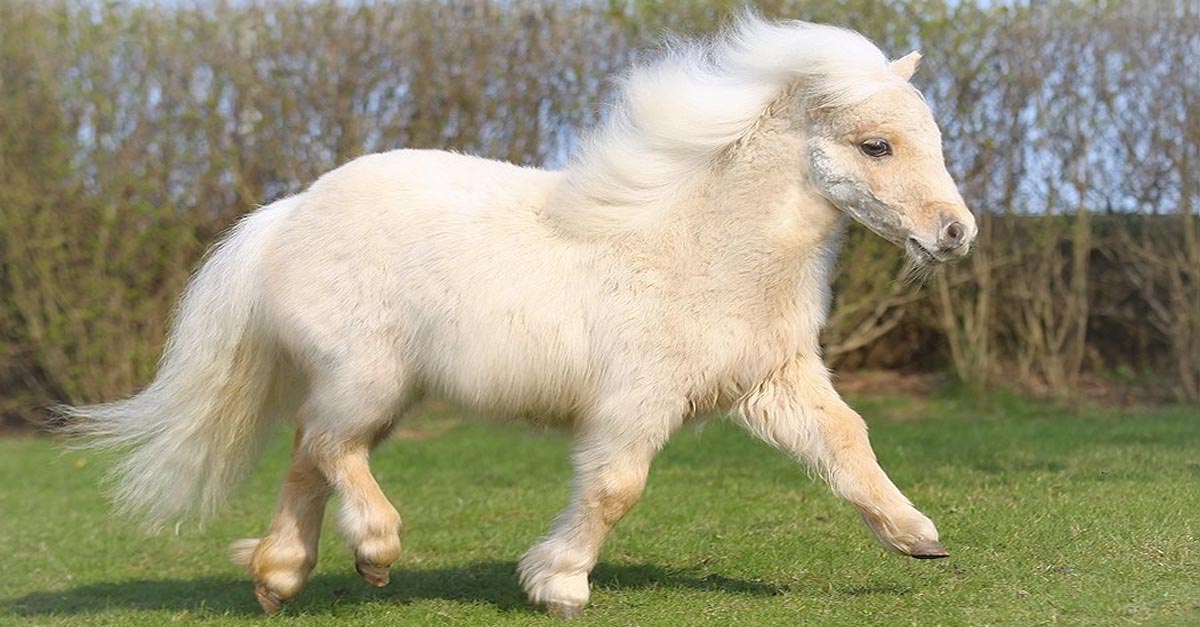Horse Vaccinations
Vaccinations are an important part of keeping your horse healthy. Just like humans and dogs, horses need vaccinations to help reduce the incidence of diseases too. The more horses your horse comes into contact with, the more you need to make sure your horse is protected against infectious diseases. The following guidelines are recommended by the American Association of Equine Practitioners, the AAEP. The AAEP is a group of veterinarians who specialize in horse medicine.
Below are the most important vaccines for a pleasure horse to receive as recommended by the AAEP. The first four recommendations are considered basic required vaccines, and the last two vaccines are optional.
1. Equine Encephalomyelitis (Eastern and Western) vaccination is recommended once per year in the spring. Encephalomyelitis is a disease carried by mosquitoes and is found in all 48 continental states. It is a virus that affects the nervous system. Clinical signs range from fever, weakness, to sudden death. Certain areas have a higher incidence of this disease than others.
2. Another mandatory vaccine is Tetanus, this is recommended once a year in the spring. Tetanus is a disease caused by bacteria called Clostridium. Normally this disease is seen in penetrating injuries, like stepping on a nail. The clinical signs are muscular stiffness. The horse is unable to move, and death could result if not treated.
3. Equine Rhinopneumonitis is recommended one to two times per year and prior to horse shows. Rhinopneumonitis is caused by a herpes virus. Clinical signs are typically abortions and pneumonia. This virus spreads rapidly between horses so vaccination is a must.
4. Equine Influenza vaccine is recommended once to twice a year or prior to shows as well. This virus can cause severe pneumonia in horses. Like Rhinopneumonitis, this too spreads rapidly between horses. Often times if there is a known outbreak of this disease, horse shows will be cancelled.
These last two vaccines are recommended only if your vet recommends them. Typically the decision to vaccinate for these last two diseases is done if there is this disease present in the region.
5. Streptococcus Equi, also know as Strangles, is often given as an intranasal vaccine. Almost all horse owners are familiar with Strangles. This disease is caused by a bacteria that makes the horses lymph nodes swell up, making it difficult for the horse to breath, hence the name Strangles.
6. Potomac Horse Fever vaccine is another optional vaccination. This disease primarily happens to horses who liver near water. The bacteria that causes this disease is linked to snails, and the clinical signs include colic and laminitis.
By following a basic vaccine protocol for pleasure horses from the AAEP you can keep your horse healthy. Be sure to consult with your veterinarian before starting any vaccines.
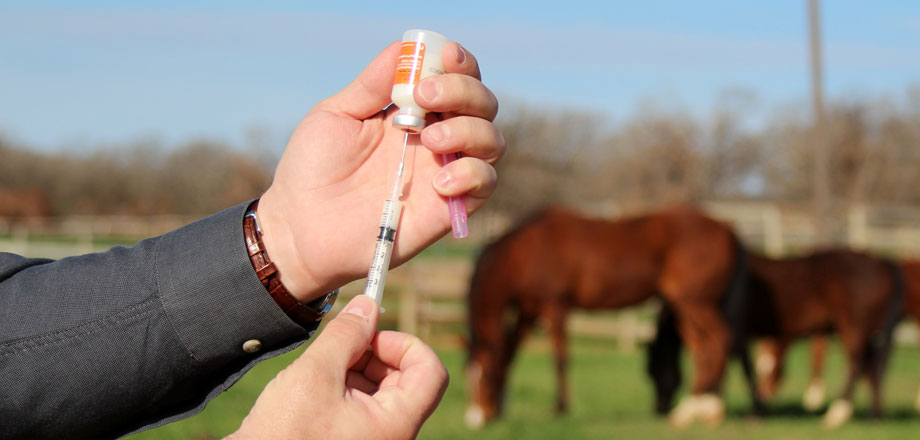
Below are the most important vaccines for a pleasure horse to receive as recommended by the AAEP. The first four recommendations are considered basic required vaccines, and the last two vaccines are optional.
1. Equine Encephalomyelitis (Eastern and Western) vaccination is recommended once per year in the spring. Encephalomyelitis is a disease carried by mosquitoes and is found in all 48 continental states. It is a virus that affects the nervous system. Clinical signs range from fever, weakness, to sudden death. Certain areas have a higher incidence of this disease than others.
2. Another mandatory vaccine is Tetanus, this is recommended once a year in the spring. Tetanus is a disease caused by bacteria called Clostridium. Normally this disease is seen in penetrating injuries, like stepping on a nail. The clinical signs are muscular stiffness. The horse is unable to move, and death could result if not treated.
3. Equine Rhinopneumonitis is recommended one to two times per year and prior to horse shows. Rhinopneumonitis is caused by a herpes virus. Clinical signs are typically abortions and pneumonia. This virus spreads rapidly between horses so vaccination is a must.
4. Equine Influenza vaccine is recommended once to twice a year or prior to shows as well. This virus can cause severe pneumonia in horses. Like Rhinopneumonitis, this too spreads rapidly between horses. Often times if there is a known outbreak of this disease, horse shows will be cancelled.
These last two vaccines are recommended only if your vet recommends them. Typically the decision to vaccinate for these last two diseases is done if there is this disease present in the region.
5. Streptococcus Equi, also know as Strangles, is often given as an intranasal vaccine. Almost all horse owners are familiar with Strangles. This disease is caused by a bacteria that makes the horses lymph nodes swell up, making it difficult for the horse to breath, hence the name Strangles.
6. Potomac Horse Fever vaccine is another optional vaccination. This disease primarily happens to horses who liver near water. The bacteria that causes this disease is linked to snails, and the clinical signs include colic and laminitis.
By following a basic vaccine protocol for pleasure horses from the AAEP you can keep your horse healthy. Be sure to consult with your veterinarian before starting any vaccines.

